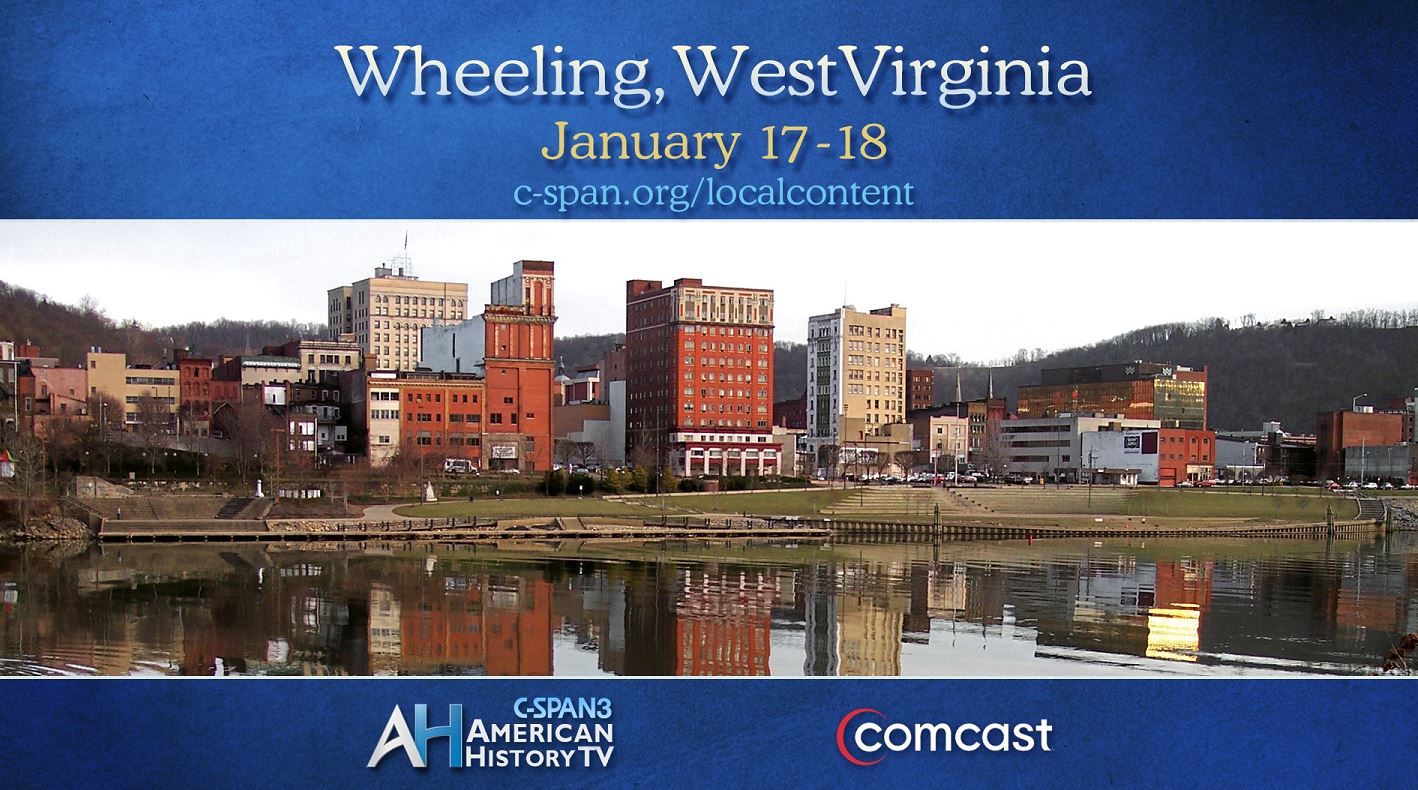 | |||
| Marienplatz (Altes Rathaus and Frauenkirche) |
Wednesday, May 27, 2015
May 13: First Impressions of Munich
May 13: From Frankfurt to Munich: Arrival in Germany
 |
| Train Station at the Frankfurt Airport |
Tuesday, May 26, 2015
WJU 2015: Bavaria and Austria
 It is time again for the Wheeling Jesuit University History
It is time again for the Wheeling Jesuit University History Department's annual May trip. 26 students, alumni, and faculty left May 12 for a nine day trip through Central Europe, with stops in Munich, Nuremberg, and Salzburg. As is our usual practice, the blog will be updated by history students describing their experiences and impressions of the trip. Our initial post for this year's trip follows after the jump.
Saturday, May 9, 2015
WJU's Commencement 2015
The Wheeling Jesuit History Department would like to congratulate the following seniors who graduated today with history majors: Jared Baranowski, Steve Bridgeman, Tori
Fluharty, Kara Gordon, Nick Malarbi, Marque Marry and Hunter Onderko.
They were a good group of students and people who represent what we
would like our students to be when they graduate from our university.
Tuesday, January 20, 2015
C-SPAN and the Wheeling Jesuit University History Department
 As part of the C-SPAN's Cities Tour, two historians at Wheeling Jesuit University were interviewed about their research. The interviews were part of a larger project that looked at both the history and literary culture of Wheeling, West Virginia that aired over the past weekend on various C-SPAN channels.
As part of the C-SPAN's Cities Tour, two historians at Wheeling Jesuit University were interviewed about their research. The interviews were part of a larger project that looked at both the history and literary culture of Wheeling, West Virginia that aired over the past weekend on various C-SPAN channels.Tuesday, December 16, 2014
C-SPAN 2014 Cities Tour and WJU Historians
Thursday, December 11, 2014
WJU Historian at Work, Part III: Combat and Genocide on the Eastern Front: The German Infantry's War, 1941-1944

In keeping with the History Department's emphasis on maintaining an active scholarly agenda, Jeff Rutherford, Associate Professor of History, recently published the monograph Combat and Genocide on the Eastern Front: The German Infantry's War, 1941-1944 with Cambridge University Press. The book was released simultaneously in hardcover, paperback, and electronic form. David Stahel, author of four books on Germany's 1941 invasion of the Soviet Union, has written in War in History that the book is "[a] pioneering new work. . . It is an impressive achievement which underlines the potential for future research into the many unknown divisions of the German Ostheer. Wherever such research takes us, Rutherford’s concept of ‘military necessity’ will require substantive engagement. . . "
Subscribe to:
Posts (Atom)
